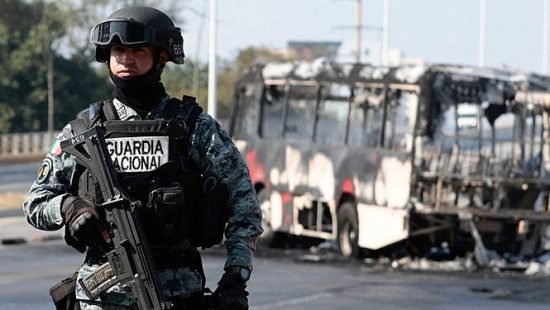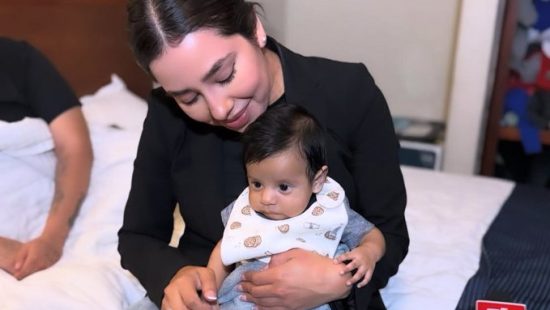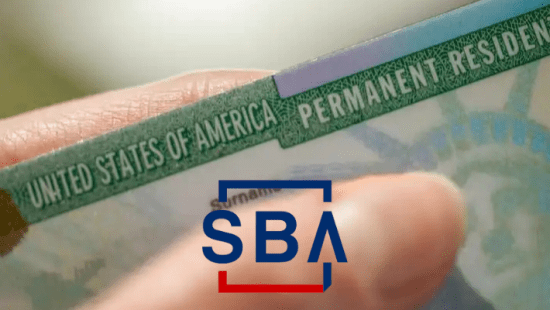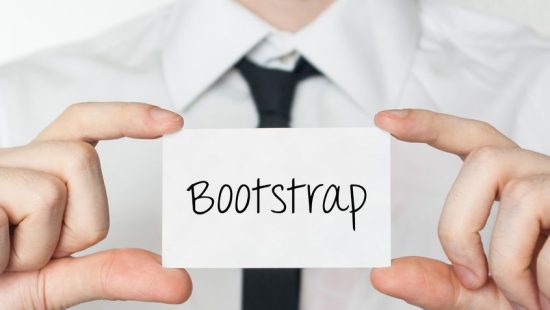According to several tattoo artists interviewed by different newspapers in Texas, more and more people are seeking to have their tattoos covered with new, superimposed designs to hide the ones they had. Julio is a Cuban tattoo artist with five years of experience.
He started on the island and gradually made his way into the business in Texas, eventually becoming known in the industry. However, he prefers not to reveal his real name because he doesn’t have legal documents.
“Business hasn’t been affected. I haven’t seen so much concern based on meaning, but rather people who want to cover up old tattoos because they give the impression they’re poorly done or that they belong to gangs.” In his experience, “most people want to cover up stars, crosses, and numbers.”
“I was once asked to use the phrase ‘Real Hasta La Muerte,’ and I refused. I don’t like doing things like that, but that phrase is a cultural thing. I don’t think there’s any criminality related to it. It’s usually tattooed on Spanish-speaking teenagers,” Julio says. He adds that almost all of the designs on the list are quite common.
Manuel Fernández is a 27-year-old Cuban artist. He’s been tattooing for seven years and works at a studio called Flow Ink Tattoo in Houston, Texas. He says business hasn’t suffered in recent weeks, and has even increased with clients who want to “cover up things related to the tattoos on the list.” He has handled two such cases. The most recent was a man who asked to have an AK-47 rifle covered up, which is one of the designs listed.
Manuel doesn’t know anyone who has had immigration issues due to having a tattoo, but he believes the government is being very strict “with something that everyone has and will continue to have.” “The truth is, I’ve seen few clients concerned. Most continue to get tattoos and don’t care. Also because the difference between a professionally done tattoo and one done for criminal purposes is very noticeable.”
Keon Ostby, an American artist with a studio in Phoenix, Arizona, also criticizes the tattoos on the list as designs that many people get, and that there’s no way to know whether or not they’re linked to a criminal group. “Using tattoos as evidence for deportation is nonsense. None of the images on the list incite hate, and they’re very common designs. If we weren’t allowed to tattoo these designs, many ordinary, law-abiding, and tax-paying citizens wouldn’t be able to get them,” he points out.
If someone asks him for a train or a crown, Ostby wouldn’t have a problem doing it: “I only refuse to do swastikas, Aryan Brotherhood symbols, or other symbols associated with gangs or hate groups. But the tattoos on the list aren’t harmful at all. I wish the list would stop being used and that people would stop trying to connect tattoos to their personal beliefs. No one can invent or assume the reason for a tattoo. Only the person with it knows.”








